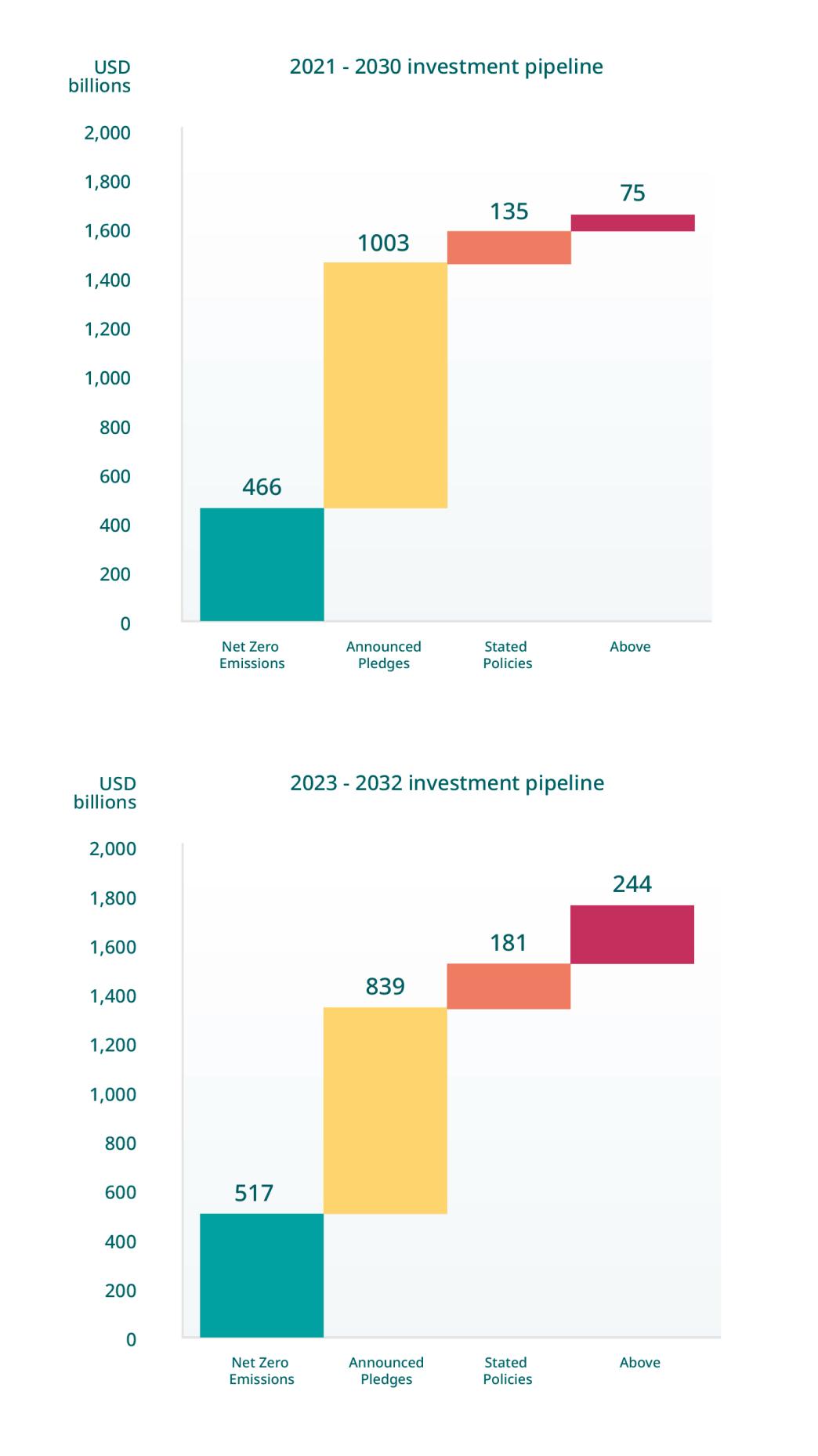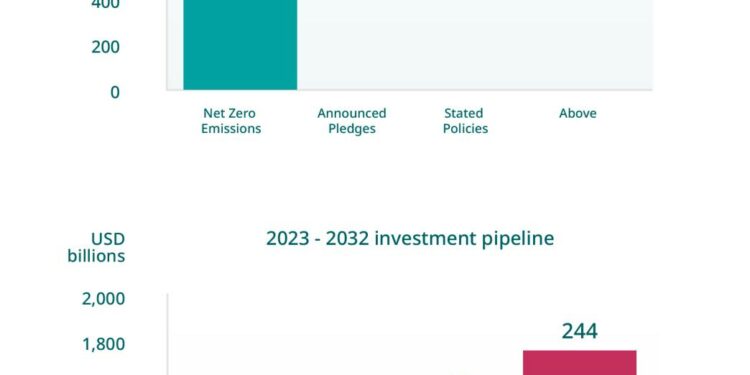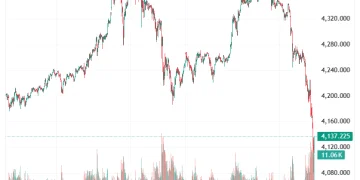Riskier Bets, Smaller Pockets: How National Oil Companies are spending public money amid the energy transition
As the energy transition accelerates and government finances deteriorate national oil companies (NOCs) are gambling their countries’ wealth.
As NOCs, along with the rest of the oil industry, expect oil demand to stay high, they will likely invest USD 1.8 trillion in new upstream developments and project expansions over the next 10 years. However, $425 billion of this investment is unlikely to be profitable if global oil demand falls from the current 100 million barrels a day to 55 million barrels a day by 2050, in line with the International Energy Agency’s Announced Pledges Scenario.
This is twice the investment NOCs were planning in 2021 before the Russian invasion of Ukraine. In addition, NOCs will likely invest $1.2 trillion in projects that will only break even if humanity fails to keep the global rise in temperatures below 1.5°C, pushing the world toward climate catastrophe.
Even if demand persists, the future is not business-as-usual for NOCs and their governments. Continued burning of fossil fuels will result in further climate damage to nature, societies and economies: a 13 to 29 percent fall in gross domestic product (GDP) for non- OECD countries by mid-century. Nine out of the ten most affected economies have NOCs. Governments should examine how this radically increases uncertainty and challenges the roles of NOCs and the public capital they are investing.
NOCs in China, Saudi Arabia, Russia and Brazil are set to spend the most. In particular, Chinese and other Asia-Pacific NOCs are increasing their investments significantly compared to their plans two years ago. Conversely, NOCs in Latin America, Eurasia and sub-Saharan Africa are reducing their investments.
NOCs in Sub-Saharan Africa, Asia-Pacific and Eurasia are generally the most exposed to risk. A third of all NOCs—including Indonesia’s Pertamina, Nigeria’s NNPC and Mexico’s Pemex—are due to invest more than a third of their investment pipeline in projects that would not break even under the IEA’s Announced Pledges Scenario (APS). A scenario in which governments meet their climate pledges to reduce oil and gas demand. Some smaller NOCs are highly exposed: four-fifths of Uganda’s UNOC and Cameroon’s SNH investment pipelines fail to break even in the APS.
NOC debt is rising in some regions. Between 2011 and 2022, the average debt to total asset value of NOCs in sub-Saharan Africa, the Middle East and North Africa, and Latin America rose by a third.
NOCs’ investment in risky assets represents a large portion of state budgets—with significant consequences for governments’ ability to fund public services in the future. UNOC and NNPC are due to invest an amount equivalent to more than 30 percent of their governments’ annual expenditure in projects that do not break even in the APS. QatarEnergy and Mozambique’s ENH are also betting large amounts relative to their governments’ budgets, but their focus on gas may reduce their risk exposure.
Value of all NOCs’ aggregate “investment pipelines” measured in 2021 and 2023, by scenarios in which they break even









